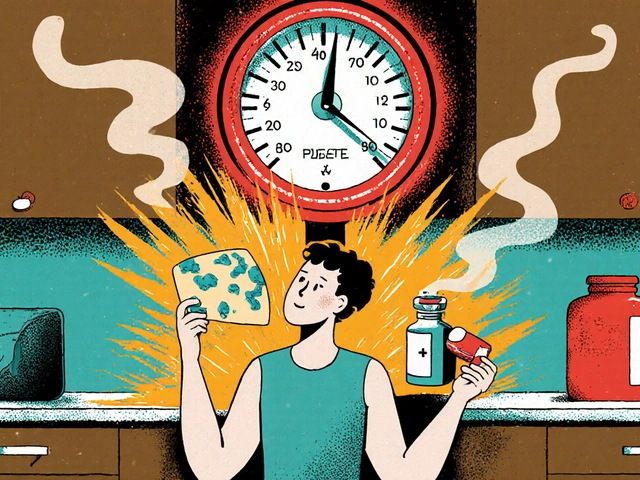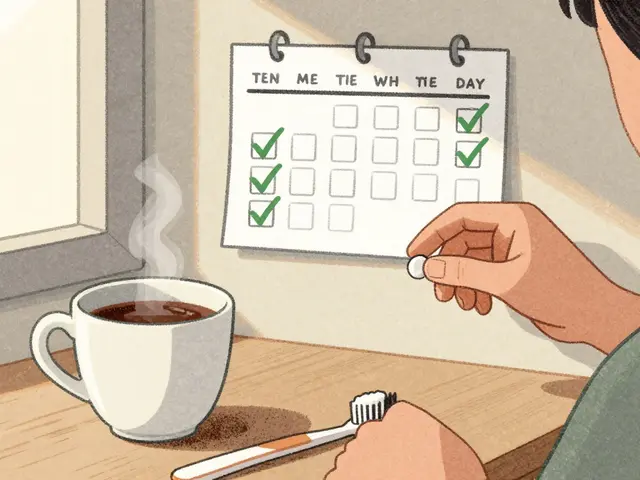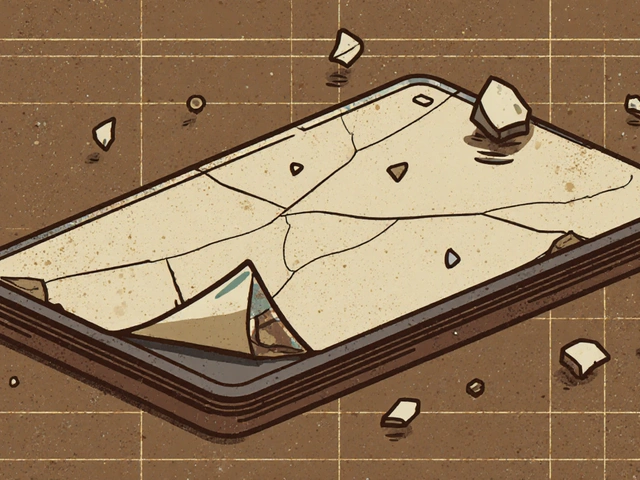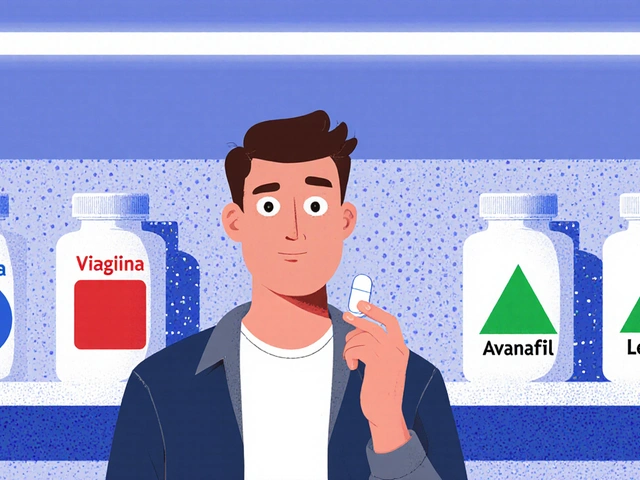Diabetes — what to watch, what to do, and where to learn more
Around 537 million adults live with diabetes worldwide. That number sounds big, but small daily choices—checking glucose, moving more, and taking meds right—add up. This page gives straightforward tips you can use today and points to deeper guides on medication and related issues on HeyDoctor.
First, spot the common signs: frequent thirst, needing to pee a lot, unexplained tiredness, slow-healing cuts, and blurred vision. If you notice these, get a blood glucose check. Early treatment lowers the chance of serious problems like heart, kidney, eye, or nerve damage.
There are two main types. Type 1 needs insulin because the body stops making it. Type 2 often starts when the body becomes less sensitive to insulin; lifestyle changes and pills can help, and some people eventually need insulin. Your doctor will pick the best plan for you.
Daily checklist that actually helps
Keep this simple routine: check blood sugar as advised, follow portion-wise eating (more veggies, less sugary drinks), move 20–30 minutes most days, take medications on schedule, and inspect your feet daily for cuts or blisters. Carry a fast sugar source (glucose gel or juice) in case levels drop.
Weight loss of even 5–10% can improve blood sugar and reduce medication needs. Start small: swap one sugary snack for fruit or a handful of nuts each day. If you’re on insulin or sulfonylureas, learn how to treat low blood sugar and tell friends or family what to do in an emergency.
Medications and when to consider a change
Medications matter, but so does timing. If your current drug stops working or causes low blood sugar episodes, it might be time to change. Read our practical guide "When to Replace Glipizide" for clear signals, patient checklists, and alternative options: https://heydoctor.su/?p=27070.
People with heart or kidney problems sometimes deal with fluid retention. Our torsemide article explains how that diuretic works, dosing basics, and side effects to watch for: https://heydoctor.su/?p=29171. Always check with your prescriber before starting or stopping any drug.
Sick-day rules are crucial: illness can raise blood sugar even if you eat less. Test more often, stay hydrated, and contact your healthcare team if readings stay very high or you have vomiting, fever, or confusion.
Finally, use reliable resources. HeyDoctor has practical pieces on medication choices, alternatives, and safety. If you want focused help, start with the Glipizide piece and the torsemide article linked above. If you need urgent advice, contact your provider — don’t wait.
Want a printable daily checklist or more links from our diabetes coverage? Scroll the tag feed for related guides and real-world tips from HeyDoctor.
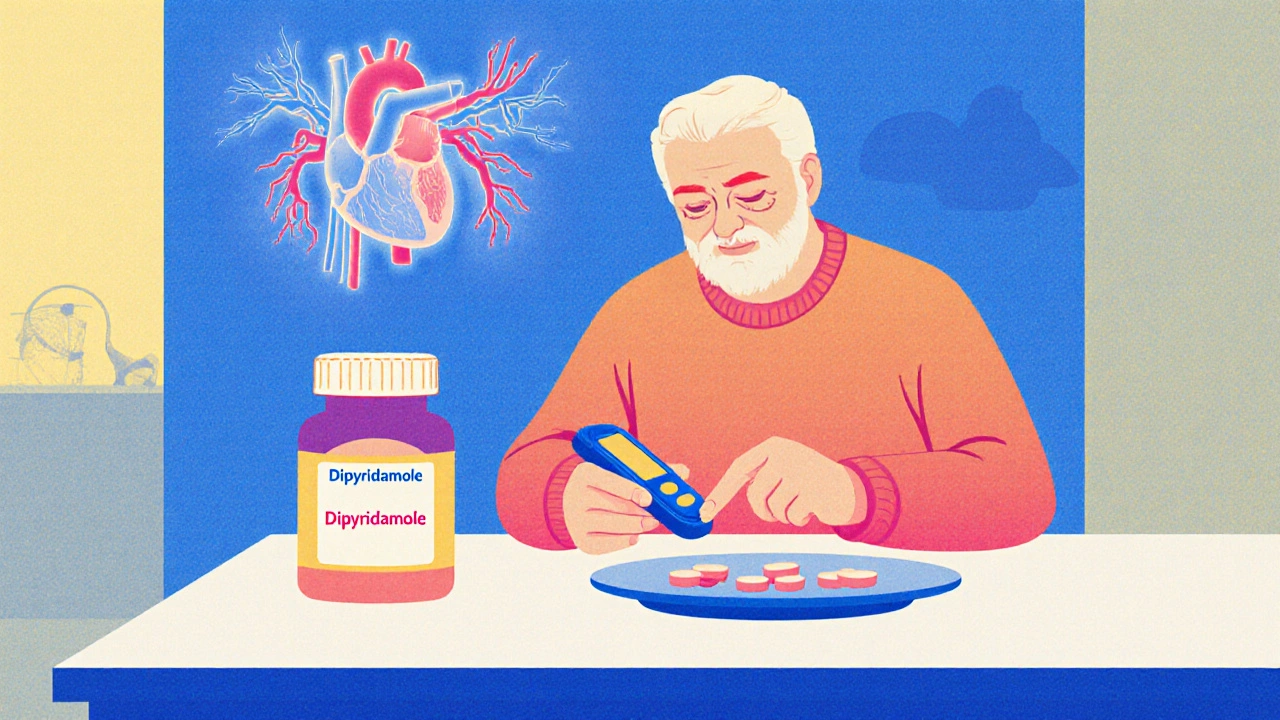
- Oct 17, 2025
- Posted by Cillian Osterfield
Dipyridamole Benefits for Diabetic Patients: What You Need to Know
Explore how dipyridamole can help diabetic patients by reducing platelet clumping, improving blood vessel health, and offering modest kidney protection, while outlining safety, dosage, and current research.

- May 21, 2023
- Posted by Cillian Osterfield
The Link Between Diabetes and Ischemia: What You Should Know
As a blogger, I've recently come across the significant link between diabetes and ischemia, which is crucial for everyone to be aware of. Diabetes patients have a higher risk of developing ischemia, a condition where blood flow is restricted to certain areas in the body, often leading to tissue damage. This connection is mainly due to the damage that high blood sugar levels can cause to blood vessels and nerves. It's essential for diabetics to monitor and manage their blood sugar levels to minimize this risk. So, let's all spread awareness about the link between diabetes and ischemia and make sure we take the necessary steps to keep ourselves and our loved ones healthy.
Categories
- Health and Wellness (70)
- Medications (68)
- Health and Medicine (28)
- Pharmacy Services (12)
- Mental Health (9)
- Health and Career (2)
- Medical Research (2)
- Business and Finance (2)
- Health Information (2)
Latest Posts
©2026 heydoctor.su. All rights reserved

